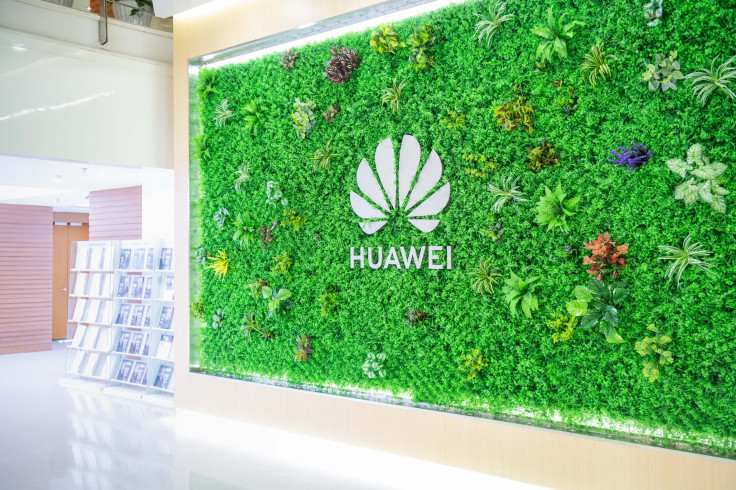Huawei Is Releasing Own Operating System This Year Amid Android Pullout

Chinese telecom equipment major Huawei Technologies will launch own operating system for smartphones and laptops targeting users in China by the Fall this year.
This tentative plan for the October release in China was shared by the company’s head of consumer division, Richard Yu to CNBC.
Yu, however, stressed that would happen only if the company is completely stopped from using Google’s Android and Microsoft’s Windows software.
Richard Yu had been saying in the past as well that Huawei would launch its own OS in case it loses access to Android. According to sources, the OS plan is code-named Project Z. But the alternate OS is not yet ready for a full-scale rollout.
The decision to launch the OS in the domestic market to run Huawei phones, wearables, and appliances as an Android alternative may have more viability as many of Google’s services are already blocked in China.
Under pressure from US blacklisting
The Chinese company has been under pressure after the U.S blacklisted it as part of the trade war actions. The action makes it compulsory for American companies to take prior permission from the government before selling anything to Huawei. The curb has exhausted Huawei’s liberty to license the version of Google’s Android operating system.
Huwaei has now been given a grace period of 90-days ending in the last week of August to continue using American technology before it can look for alternatives.
What is Huawei’s plan?
Huawei’s plan to build own operating system is short in details. But it is assumed that Huawei’s Android alternative will work around an open source version of Android (AOSP) and bundle it with the Huawei’s App Gallery store to show as an alternative to Google’s Play Store.
Huawei has already done this. In China, Huawei phones run a forked AOSP-based version barring the Play Store. It also started bundling the App Gallery on phones outside China since early 2018.
However, the success rate of phones running on alternatives to Android like AOSP has been poor. The examples include Mozilla’s Firefox OS that gave up in 2015. Microsoft’s efforts to offer a third mobile operating system with Windows Phone had only limited success.
Samsung ditched the Tizen operating system for phones and limited its company’s smartwatches and TVs. BlackBerry’s experience also showed limited traction of Android alternatives.
The high failure rate in OS alternatives in phone comes from the inability to compete with Google that commands 90 percent of the search market.
By presiding over a giant search market, Google can create and control a big pool of apps such as Chrome, Gmail, YouTube, Google Maps, Google Docs along with a host of web services.
The urgency of addressing chips issue
Creating a phone running on the open source version of Android minus high demand Google apps in western markets will frustrate consumers.
Before finalizing the operating system Huawei also needs to settle the supply of chips. For that, ties with ARM, Intel, and Qualcomm need to be settled without which rolling out an alternate operating system makes little sense.
© Copyright IBTimes 2024. All rights reserved.





















